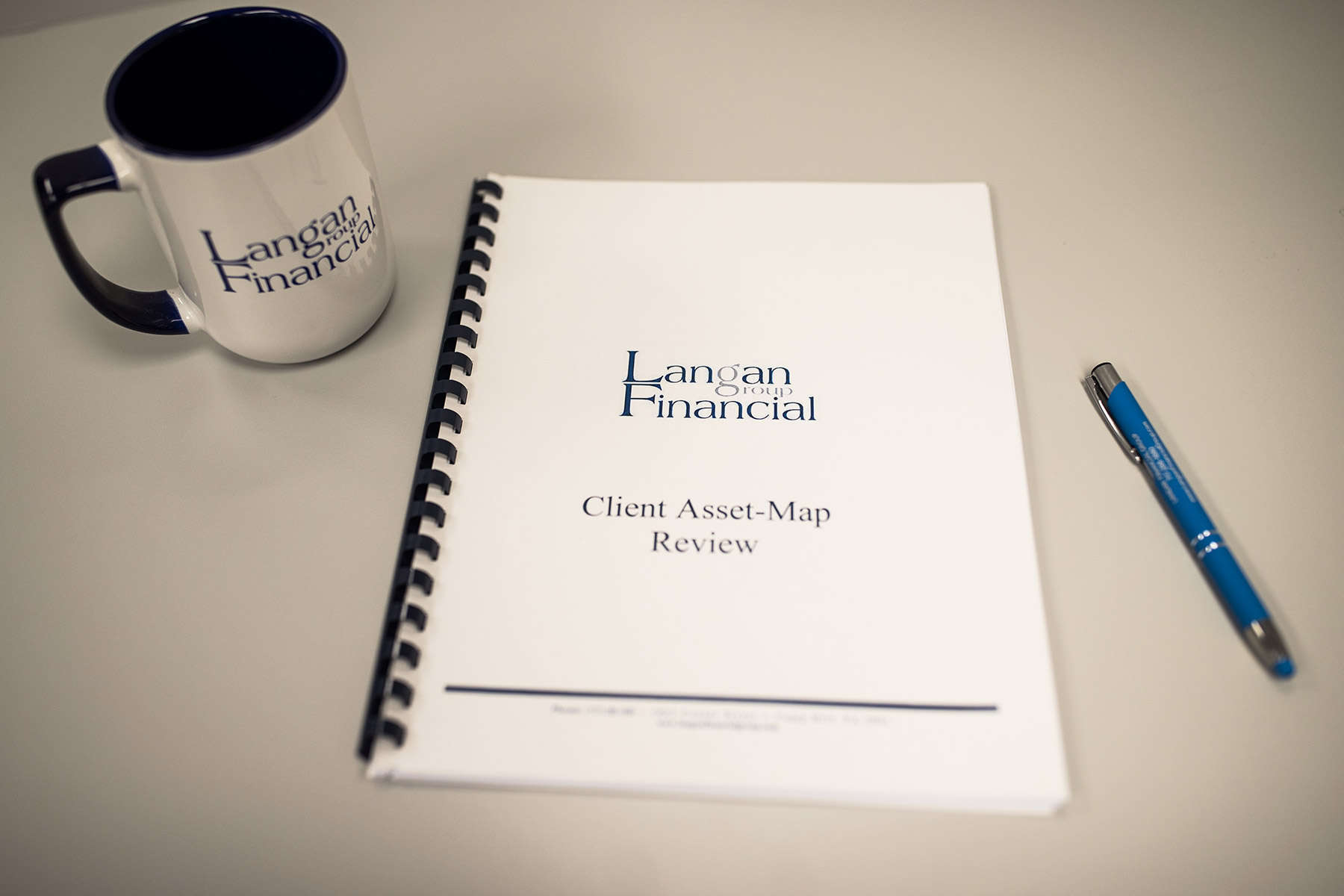TLDR;
- Set Clear Goals: Know what you’re investing for—retirement, big purchases, or long-term growth.
- Know Your Risk Tolerance: Understand how much market risk you’re comfortable with.
- Diversify: Spread your investments to manage risk.
- Match Time Horizon: Choose investments that fit your timeline.
- Do Your Research: Make informed choices through due diligence.
- Watch Fees: Be mindful of costs that can eat into returns.
- Stay Liquid: Keep access to funds if needed.
- Plan for Taxes: Understand how taxes affect your investments.
- Control Emotions: Stick to your strategy despite market ups and downs.
- Get Advice: Seek help from professionals when needed.
In a world of financial opportunities and pitfalls, the investing decisions you make for your hard-earned money can be a significant step toward building a secure and prosperous future.
Whether you are an experienced investor navigating the ever-evolving landscape of financial markets or a novice taking your first foray into the world of investments, the decisions you make can profoundly impact your financial well-being.

To ensure you embark on this journey with confidence and wisdom, it is essential to consider several critical factors before making investment decisions.
These considerations will help you:
- Set clear financial goals
- Manage investment risk
- Help make better well-informed investment choices
- Help steer your path toward financial success
Investing Consideration 1: What Are Your Financial Goals?
Before you invest, it is essential to have a clear understanding of your financial goals.
- Are you saving for retirement, a major purchase, or simply trying to grow your wealth?
Defining your objectives will help you determine the appropriate investment strategies and timeframes that align with your goals.
Your financial goals serve as a roadmap, guiding your investment decisions and providing the motivation to stay disciplined during market fluctuations. They provide a sense of purpose, transforming the act of investing into a deliberate and well-thought-out journey toward financial security and success.
In an LPL Research Analysis, it finds it takes an average of 19-months for the market to recover after a downturn. If your financial goals and strategy cannot withstand a potential dip in the market, it may be time to reevaluate your plan.
Investing Consideration 2: What Is Your Risk Tolerance for Investing?
Understanding your risk tolerance is critical. Some investments come with high risks but potentially high rewards, while others are more conservative and stable.
- How comfortable are you with market fluctuations and potential losses, and how does this affect your investment choices?
Your risk tolerance is a personal metric and assessing it honestly can help you strike a balance between your appetite for potential gains and your ability to withstand the inherent volatility of financial markets.
It is the keystone of constructing an investment strategy that aligns with your unique financial situation and emotional resilience.
Investing Consideration 3: Diversification: A Key to Managing Risk and Returns
Diversification is a pivotal part of investing decision making, emphasizing essential considerations before making investment decisions.
By spreading your investments across various asset classes, including stocks, bonds, real estate, and cash, you can effectively manage risk and enhance the potential for better returns.
Diversification plays a significant role in prudent investment strategies, contributing to long-term financial success.
Investing Consideration 4: What Is Your Financial Time Horizon?
Your investment time horizon refers to the length of time you plan to hold your investments. Short-term goals may require more conservative investments, while long-term goals can tolerate more aggressive strategies.
Your specific time horizon serves as the compass for your investment decisions, guiding you towards assets and strategies that align with your financial goals and the time required to achieve them.
It is a critical factor that can significantly influence the risk and reward profile of your investments, emphasizing the importance of matching your investment horizon with your financial objectives.
Investing Consideration 5: How Should You Conduct Research and Due Diligence?
Investing demands an ongoing and proactive approach. This includes conducting thorough research, delving into company reports, industry publications, and reputable financial news sources.
In addition, you should analyze macroeconomic factors influencing the market and delve into microeconomic details, such as the company’s competitive edge, technological advancements, and global market shifts.
The landscape is consistently changing, so it is vital to keep up to date on what the company is doing as the economies continually change.
Investing Consideration 6: Consider the Impact of Costs and Fees
To evaluate the cost structure, start by scrutinizing the fee breakdown for each investment vehicle.
- Compare expense ratios, account maintenance charges, and any hidden costs that might erode your returns over time.
Consider tax implications; explore tax-efficient investment options like index funds or tax-deferred accounts to minimize the impact on your overall returns.
Balancing fees against potential returns is crucial; prioritize investments that align with your financial goals while keeping costs optimized for maximum net gains.
Investing Consideration 7: What Role Does Liquidity Play?
Liquidity plays a pivotal role in your investment decision making & strategy by providing flexibility and accessibility to your funds when needed.
- Consider your emergency fund and short-term financial obligations when evaluating liquidity needs; investments with higher liquidity might be preferable for these purposes.
Additionally, assess your risk tolerance and investment horizon, as they influence the degree of liquidity necessary in your portfolio to maintain financial stability during unforeseen circumstances or market shifts.
Striking a balance between liquidity and potential returns is key to building a resilient and adaptable investment portfolio.
Investing Consideration 8: How Do Tax Implications Affect Your Investment Decisions?
Understanding the tax implications of your investments is crucial for optimizing returns.
- Consider tax-advantaged accounts like IRAs or 401(k)s to defer taxes on investment gains.
Explore investments with lower tax rates or tax-exempt status, such as municipal bonds, to minimize taxable income.
Strategically timing asset sales and leveraging tax-loss harvesting can also help offset gains and reduce tax liabilities, ultimately preserving a larger portion of your investment returns.
Investing Consideration 9: Maintaining Emotional Discipline in Investing
Maintaining emotional discipline involves setting predefined investment guidelines aligned with your goals and risk tolerance, creating a structured framework to follow. If you have this framework in place, your investing decisions become more complementary to your long-term or short-term goals.
- Regularly revisiting and reaffirming these guidelines helps mitigate impulsive decisions driven by emotions.
Techniques like dollar-cost averaging or automated investing can remove emotion from the equation, ensuring a consistent investment approach and reducing the impact of market volatility on your decisions.
Additionally, regularly reviewing your investment plan with a long-term perspective in mind reinforces the importance of staying committed to your financial objectives despite short-term market fluctuations.
Investing Consideration 10: Seek Professional Advice When It Matters
It’s prudent to seek professional advice when facing complex financial decisions, major life changes, or when unsure about your investment strategy.
Financial advisors can assess your risk tolerance, analyze your financial goals, and craft a customized plan aligned with your objectives. They provide ongoing guidance, adapting strategies as needed, and offer expertise in navigating market fluctuations, ensuring your investments align with your evolving financial circumstances.
Find a financial advisor you trust and learn about their approach. All financial advisors are different and some are better fits for individuals than others.
About the Authors

Alexander Langan, J.D, CFBS, currently serves as the Chief Investment Officer at Langan Financial Group. In this role, he manages investment portfolios, acts as a fiduciary for group retirement plans and consults with clients regarding their financial goals, risk tolerance and asset allocation.
With a focus on ERISA Law, Alex graduated cum laude from Widener Commonwealth Law School. He then clerked for the Supreme Court of Pennsylvania and worked in the Legal Office of the Pennsylvania Office of the Budget, where he assisted in directing and advising policy determinations on state and federal tax, administrative law, and contractual issues.
Alex is also passionate about giving back to the community, and has helped establish The Foundation of Enhancing Communities’ Emerging Philanthropist Program, volunteers at his church, and serves as a board member of Samara: The Center of Individual & Family Growth. Outside of work and volunteering, Alex enjoys his time with his wife Sarah and their three children, Rory, Patrick, and Ava.

Reid Ruark currently serves as an Associate Investment Advisor at Langan Financial Group where he assists Alex in managing investment portfolios, prepares client reviews, and helps operate social media platforms. In his free time, Reid enjoys spending time with his wife, playing pickleball and connecting with members of the community.
About Langan Financial Group
Langan Financial Group is an independent financial planning firm in right outside of Harrisburg and York, Pennsylvania. Established in 1985, Langan Financial Group offers a broad range of financial planning services. With an open architecture platform, our advisors have access to a diverse range of products, free from any sales quotas. Our team of financial experts, each with unique specialties, enhances our ability to deliver value to clients.
Disclosures
The information in this material is not intended as tax or legal advice. Please consult legal or tax professionals for specific information regarding your individual situation. The opinions expressed and material provided are for general information.



